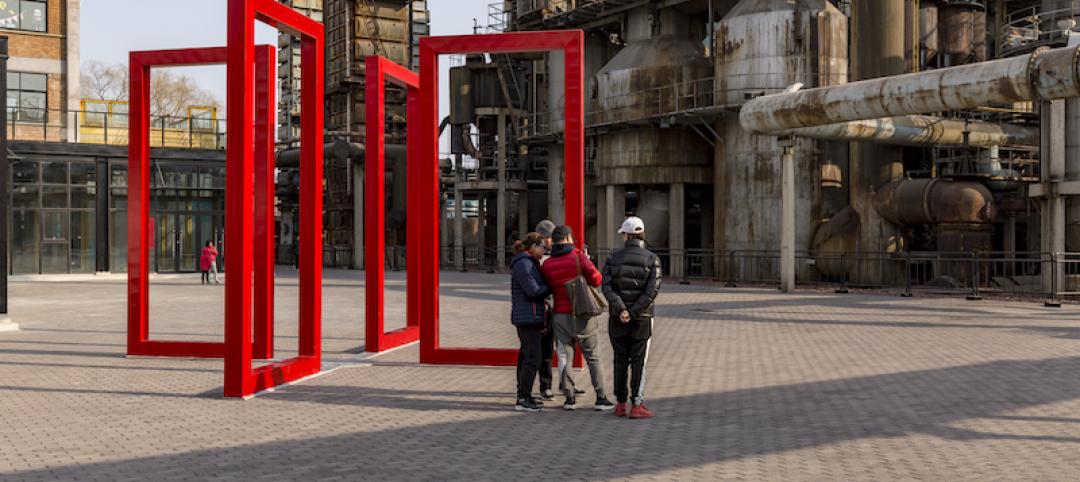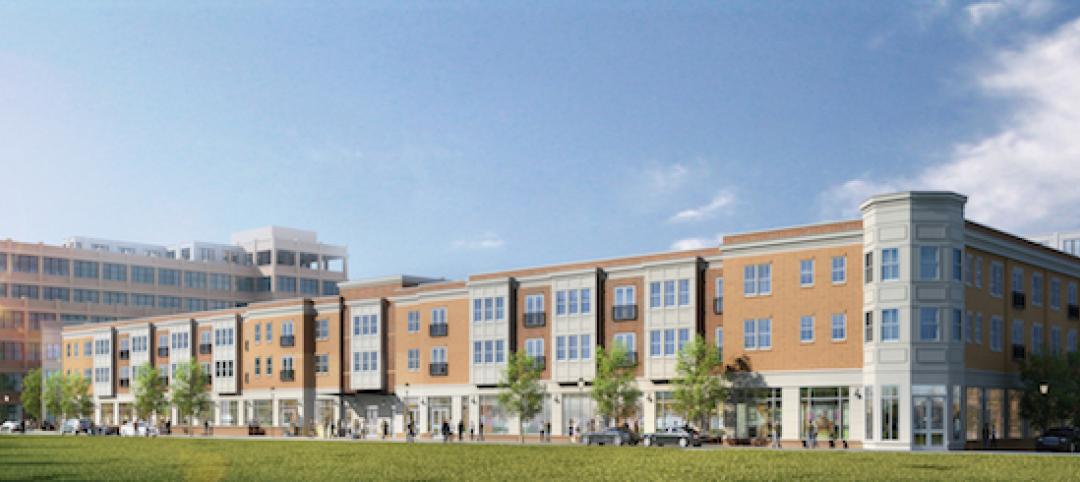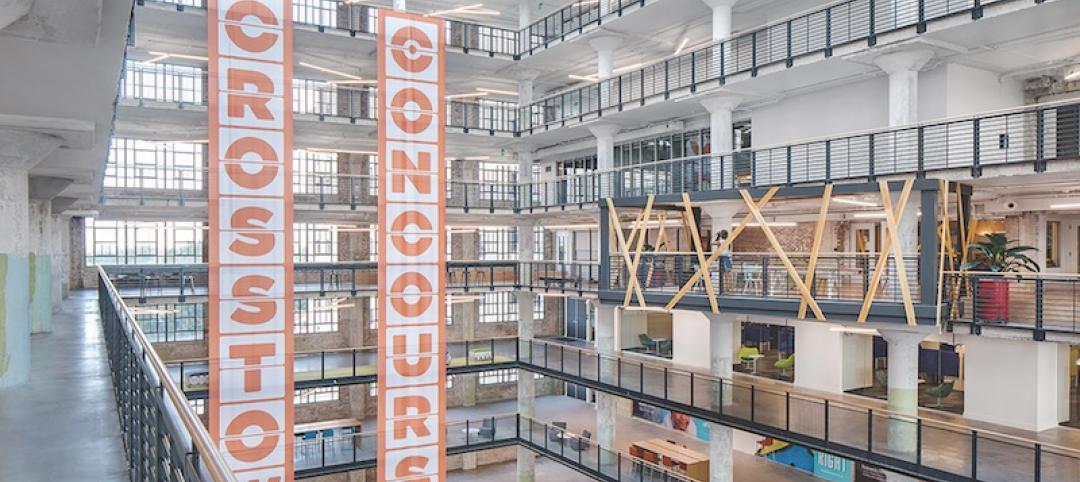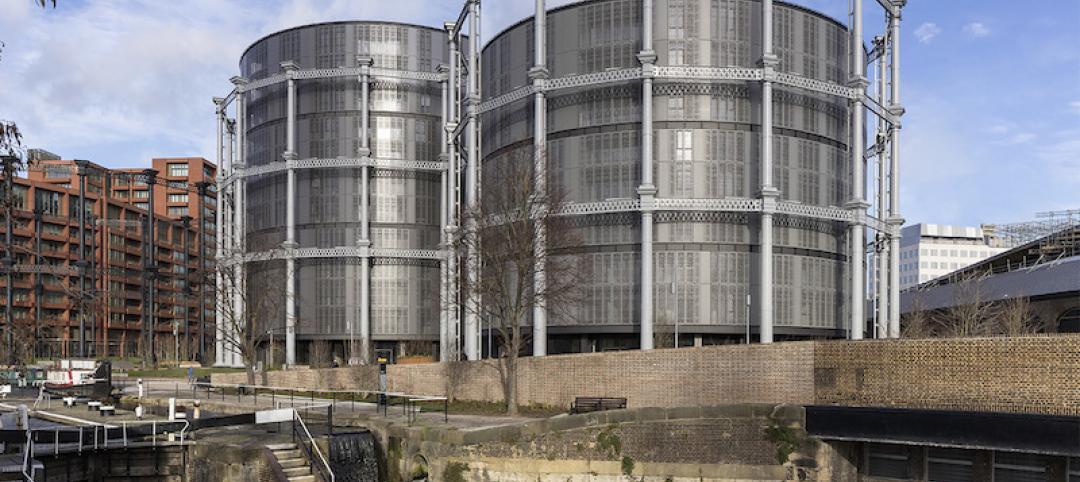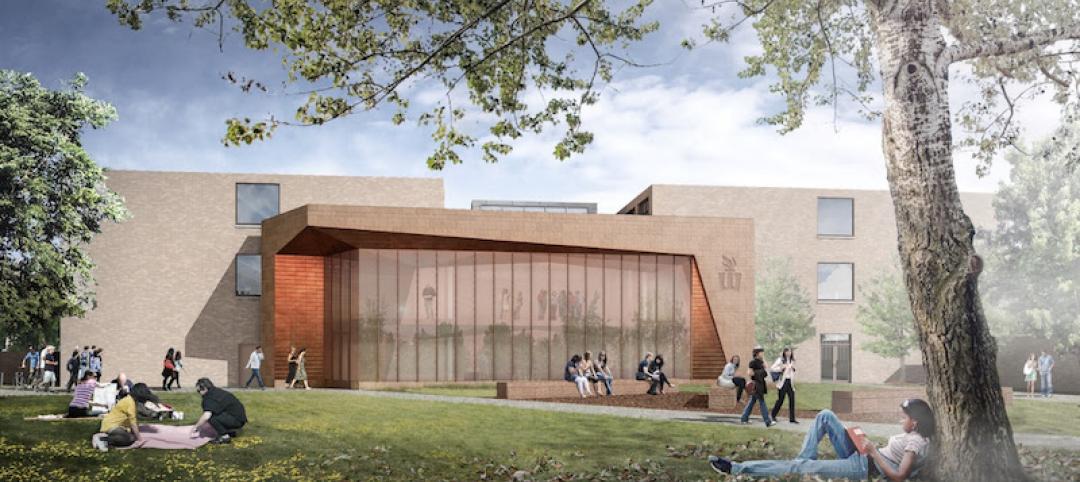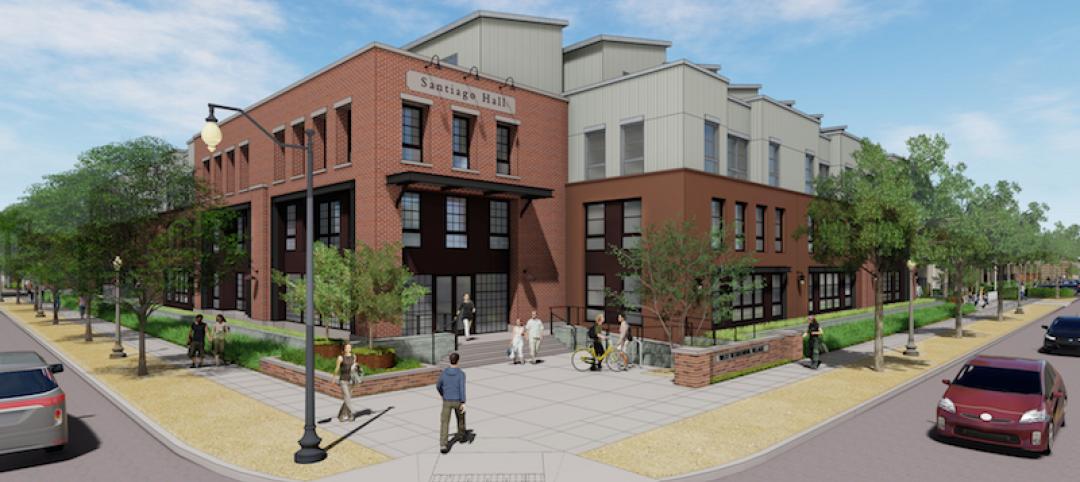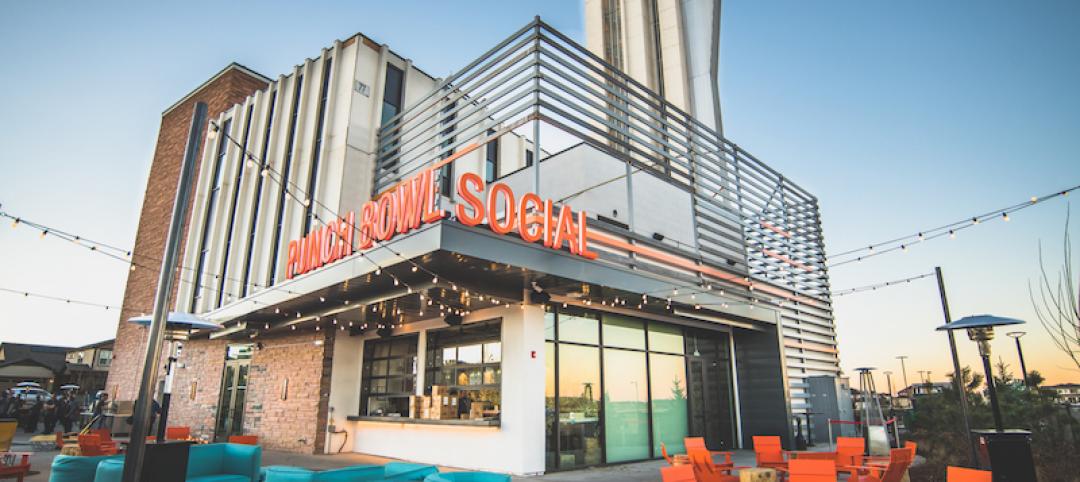The Biden Administration recently announced plans to encourage more office buildings to be converted to residential use.
The plan includes using federal money to lend to developers for conversion projects and selling government property that is suitable for conversions. “Office vacancies have reached a 30-year high from coast-to-coast, placing a strain on commercial real estate and local economies,” according to a White House news release. “At the same time, the country has struggled for decades with a shortage of affordable housing units, which is driving up rental costs, and communities are seeking new ways to cut emissions, especially from existing buildings and transportation.”
Some $35 billion is available through the Transportation Infrastructure Finance and Innovation Act (TIFIA) and Railroad Rehabilitation & Improvement Financing (RRIF) programs to finance housing development near transportation, including conversion projects. Conversion projects are eligible for about $10 billion through the Community Development Block Grant fund.
The General Services Administration will sell surplus federal properties that might be appropriate for residential conversions. The Treasury Department is reminding developers, investors, and owners about multifamily construction tax deductions.
Federal agencies have published information to spur conversions. The Department of Energy has a toolkit of technical and financial guidance for using tax deductions and credits that can apply to residential conversions. The White House also published a guidebook for commercial-to-residential conversions, which includes data on federal loan, grant, tax credit, and technical assistance programs for conversions.
Related Stories
Adaptive Reuse | May 7, 2018
A decade after it debuted, Beijing’s 798 Arts District is still a work in progress
China’s third-most-popular tourist attraction remains a magnet for creative tenants.
Adaptive Reuse | Apr 26, 2018
Edison Lofts building is New Jersey’s largest non-waterfront adaptive reuse project
Minno & Wasko Architects & Planners designed the building.
Adaptive Reuse | Mar 8, 2018
LEED Platinum for Memphis industrial reuse project
Memphis-based engineering firm OGCB and contractor Grinder Tabor Grinder led the removal of 54 million lb of concrete and 10 million lb of metal.
Multifamily Housing | Feb 27, 2018
Victorian era gasholders become modern residences in London
The new residences are part of the King’s Cross redevelopment scheme.
Education Facilities | Jan 8, 2018
Three former school buildings are repurposed to create mini-campus for teacher education
The $25.3 million project is currently under construction on the Winona State University campus.
Adaptive Reuse | Jan 4, 2018
Student housing development on Chapman University campus includes adaptive reuse of 1918 packing house
The Packing House was originally built for the Santiago Orange Growers Association.
Adaptive Reuse | Dec 11, 2017
Detroit's economic improvement a boon to its hotel sector
Detroit Foundation, a stylish boutique hotel, is the Motor City’s newest hospitality venue.
Adaptive Reuse | Nov 29, 2017
‘Eat-ertainment’ establishment grants abandoned air traffic control building a second life
The concept’s design reflects the golden age of flight.
Adaptive Reuse | Nov 10, 2017
Austin’s first indoor shopping mall becomes Austin Community College’s new digital media center
Renovation of the defunct mall represents Phase 2 of ACC’s $100 million adaptive reuse project.
Adaptive Reuse | Oct 23, 2017
A tableware storage space is reset to accommodate an investment firm’s headquarters in Raleigh, N.C.
This adaptive reuse establishes more direct visual and physical connections to a growing city.




